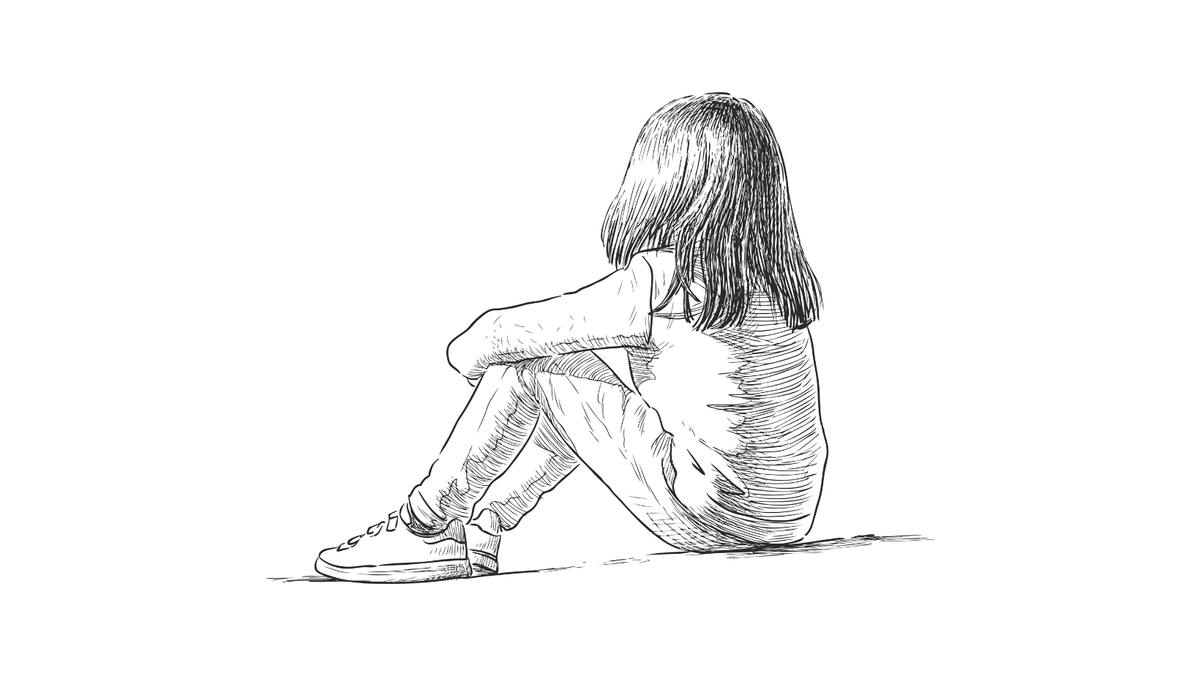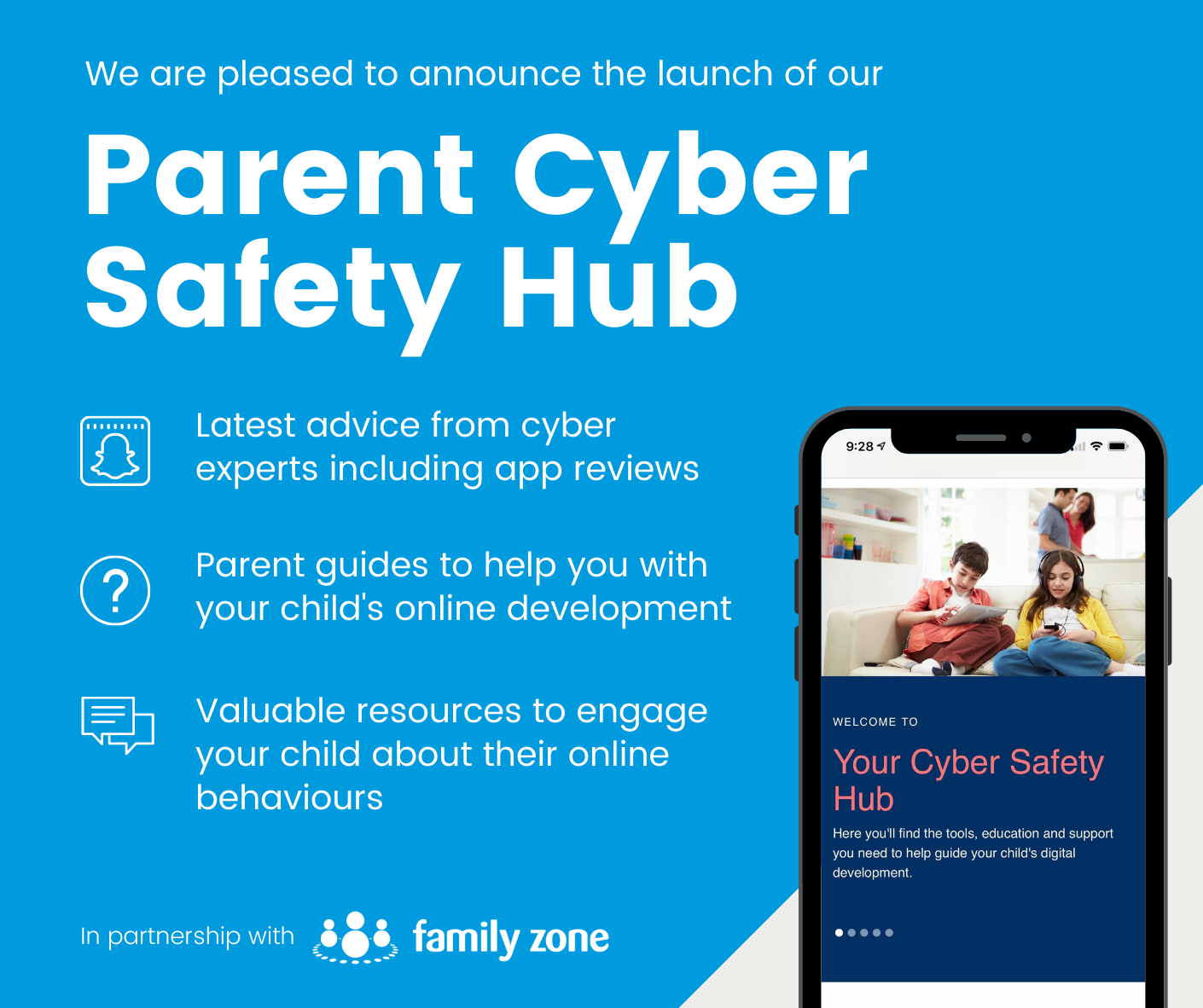Cyber Safety

Our kids are more connected - yet lonelier - than ever before
Young people's loneliness has increased dramatically since 2012, according to new research. So has smartphone use. And that’s no coincidence, insist leading psychologists Jonathan Haidt and Jean M. Twenge.
Their research shows that loneliness and device use have increased “in lockstep” as social media have evolved and young people’s screen-time has exploded.
Between 2000 and 2012, fewer than 18% of teens reported high levels of loneliness. In the next six years, loneliness at school increased in 36 out of 37 countries, according to research conducted by the Program for International Student Assessment (PISA). And in many cases those increases were dramatic.
Were there other factors that may have impacted the change? The researchers thought so. So they looked at a range of other potential reasons, from declines in family size to rising income inequality and unemployment.
But the results were clear: only smartphone access and internet use emerged as significant factors.
Pandemic lockdowns have accelerated the changes. But by 2019, even before the pandemic, teen depression rates had nearly doubled. (And no, loneliness is not the same as depression. But the two are closely related.)
By 2015, some two-thirds of US teens owned a smartphone - a tipping point that spurred a dramatic uptick in social media engagement. “This was also the period when social media use moved from optional to ubiquitous among adolescents,” Haidt and Twenge observe.
The smartphone has brought about a planetary rewiring of human interaction ...
But social media platforms were themselves evolving. Facebook was the first to add a “like” button in 2009. Over the next few years, increasingly sophisticated algorithms began to sculpt users’ feeds based on reactions, shares and comments - in a nutshell, how successful a post was at triggering strong emotions, whether positive or negative.
Image-dominated Instagram, meanwhile, was blowing up among girls and young women. Scrolling through photoshopped, filtered and meticulously edited images of influencers and quote-unquote ordinary people, they began in growing numbers to “compare and despair” their own bodies and lives, only to come up diminished.
Analysing the data from the PISA, Haidt and Twenge conclude, “The smartphone brought about a planetary rewiring of human interaction,” transforming all of our relationships and the very texture of our daily lives.
They point out that even young people who don’t own a phone or have a social media account are impacted.
They write, “It’s harder to strike up a casual conversation in the cafeteria or after class when everyone is staring down at their phones. It’s harder to have a deep conversation when each party is interrupted randomly by buzzing, vibrating ‘notifications.’
What we can do to help
Solutions are hard to come by, given the central place of technology in our lives today and in our children’s futures. But Haidt and Twenge recommend two concrete courses of action that can make a meaningful difference for young people right now:
- Ban phones during the school day, and
- Delay your child’s entry into social media till at least age 13.
“As Sherry Turkle wrote in her book Reclaiming Conversation, life with smartphones means ‘we are forever elsewhere.’”
And being elsewhere is, by definition, a lonely place to be.
Reference: https://www.familyzone.com/anz/families/blog/our-kids-more-connected-yet-lonelier
Cyber Safety Hub
We are delighted to introduce you to a new resource made available to you through our partnership with Family Zone - our new school Cyber Safety Hub.
As you may already be aware, our partnership provides your family with access to the Family Zone tools to use at home with your children if you wish. The purpose of the Cyber Safety Hub is to complement those tools with practical guidance and information to further support you in engaging with your children in their digital development. These tools and resources also allow the school and parent body to work together on creating a holistic approach to guiding each student's online journey.
About the Parent Cyber Safety Hub
The Cyber Safety Hub includes resources to help your family better understand the different Family Zone tools available to you and how to use them, plus access to regular cyber safety events to help you stay informed about the latest digital trends.
Also, the Cyber Safety Hub provides expert advice from leading cyber experts, ySafe, on the most pertinent issues and frequently asked questions around platforms like TikTok, Fortnite, Instagram, and more. There are app reviews with age and safety recommendations, along with a range of guides to help ensure healthy boundaries around screen-time & gaming, plus step-by-step instructions for using parental controls and filtering out inappropriate content.
We are very excited to be able to offer you this level of expertise and support. We look forward to working closely with you as we develop the cyber safety conversation within our school community.



